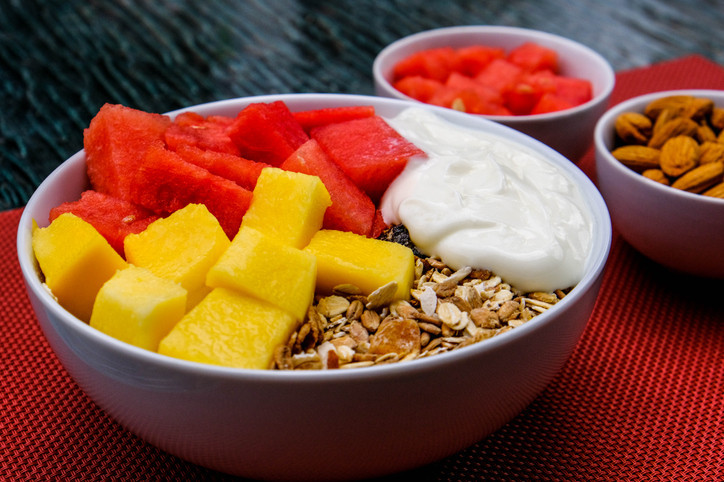Introduction
Did you know that the two most important dietary “Fs” — fiber and fermented foods — play a key role in maintaining a healthy gut microbiome? This hidden ecosystem in your colon affects digestion, immune function, and even mood. In this article, you’ll learn how to fit more fiber and fermented foods into your meals and why these nutrients matter for your overall health.
Why Fiber and Fermented Foods Matter
Your gut microbiome is made up of bacteria, viruses, fungi, and other microorganisms that help keep your digestive system running smoothly. Fiber softens stool and promotes regularity, while fermented foods provide beneficial probiotics that support gut health. Together, they help reduce inflammation, support immunity, and may even influence mental well-being through the gut-brain axis.
1. Understand Fiber: Types and Benefits
Fiber comes in two types: insoluble, which helps you feel full and encourages bowel movements, and soluble, which can lower cholesterol and blood sugar. However, it’s best to focus on total fiber intake. Eating enough fiber lowers your risk of heart disease, diabetes, and certain cancers, while helping maintain a healthy weight. For more details, see the Harvard Health Blog on Fiber and Digestive Health.
2. Gradually Increase Fiber Intake
To avoid digestive discomfort like gas or bloating, increase fiber in your diet slowly and drink plenty of water. Aim for about 14 grams of fiber per 1,000 calories consumed, adjusting based on your activity level. Add fiber-rich fruits, vegetables, legumes, nuts, seeds, and whole grains to your meals. The U.S. Department of Agriculture’s Fiber Guide offers excellent practical advice.
3. Choose a Variety of Fermented Foods
Fermented foods contain probiotics that help balance your gut microbiome. Popular options include yogurt (with “live and active cultures”), kimchi, sauerkraut, kombucha, and pickles. Since fermented foods vary in taste and probiotic strains, try several to find what you enjoy. The Mayo Clinic’s Guide to Probiotics explains their benefits and how to choose fermented foods.
4. Prefer Food Sources Over Supplements
While fiber and probiotic supplements exist, they should not replace whole foods. Supplements lack the full range of nutrients and microbes found in natural foods, and their effectiveness can be uncertain. Focus on including fiber-rich and fermented foods in your daily diet instead. Read more on the National Center for Complementary and Integrative Health (NCCIH) Probiotics Fact Sheet.
5. Make Small Changes That Add Up
- Start your day with whole-grain cereal or muesli topped with yogurt and fresh fruit.
- Snack on nuts, seeds, or raw vegetables with hummus.
- Add sauerkraut or kimchi as a side dish at lunch or dinner.
- Choose whole-grain bread or pasta over refined versions.
- Swap sugary drinks for kombucha or water infused with fruit.
Conclusion
Incorporating more fiber and fermented foods into your meals is a simple yet powerful way to support your gut microbiome, enhance digestion, and improve overall health. By gradually adding these foods, focusing on variety, and choosing natural sources, you’ll help your body—and mind—function at their best.
Want to learn more about nutrition and supplements? Check out our article Making Sense of Vitamins and Minerals for detailed guidance.


